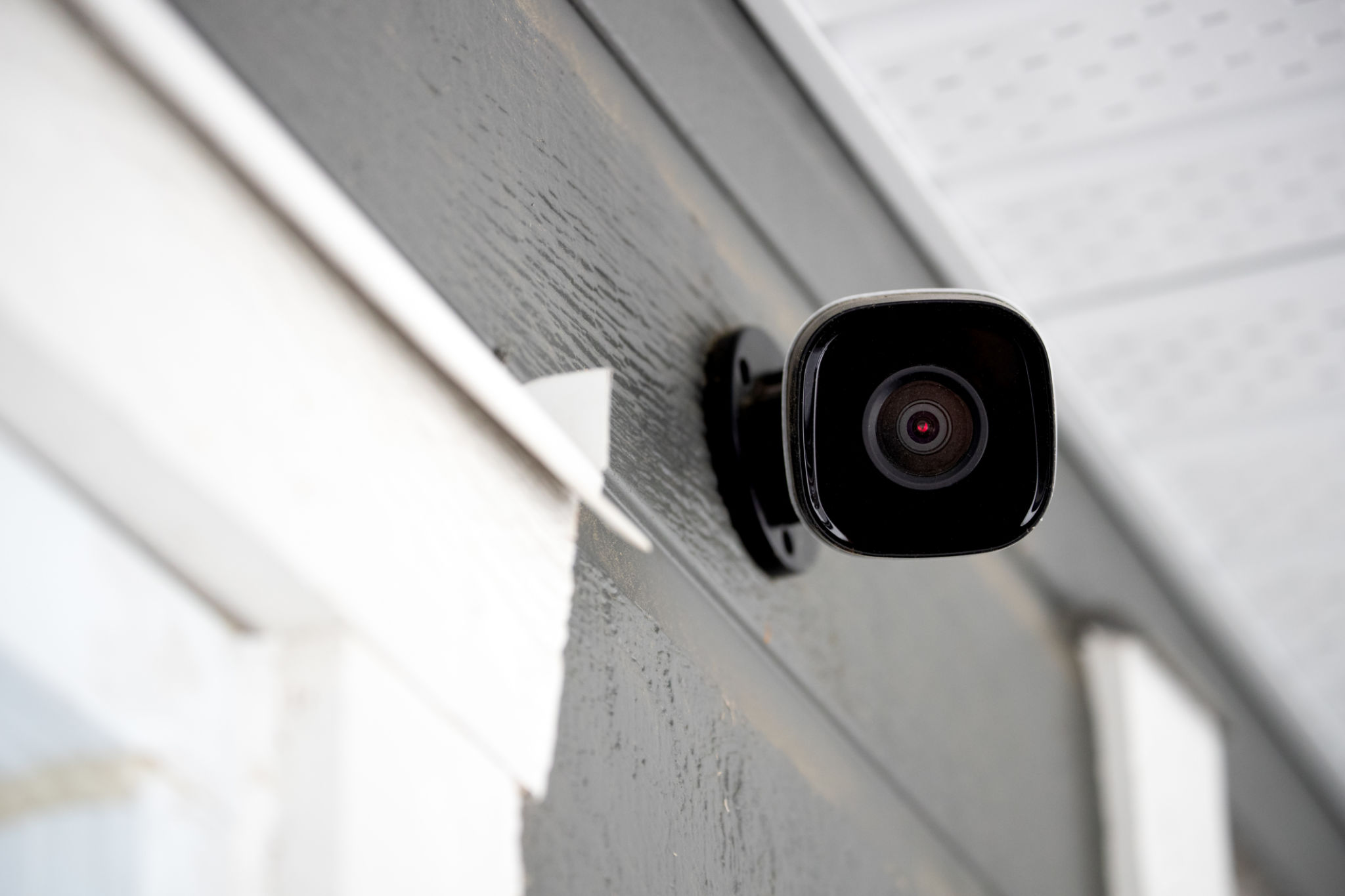Understanding the Latest Trends in Smart Home Construction
Embracing Smart Home Innovation
Smart home construction is evolving rapidly, driven by technological advances and the increasing demand for convenience and efficiency. Understanding the latest trends in this field is crucial for homeowners, builders, and technology enthusiasts alike. Whether you're building a new home or retrofitting an existing one, integrating smart technology can significantly enhance your living experience.
From automated lighting systems to advanced security solutions, smart home technology is transforming how we interact with our living spaces. This transformation is not just about convenience; it's about creating homes that are more energy-efficient, secure, and tailored to the needs of their inhabitants.

Energy Efficiency and Sustainability
One of the most significant trends in smart home construction is the focus on energy efficiency and sustainability. With growing environmental concerns, homeowners are increasingly looking for ways to reduce their carbon footprint. Smart thermostats, energy-efficient appliances, and solar panels are just a few of the technologies that help achieve this goal.
Smart thermostats, for example, learn your schedule and adjust the temperature accordingly, ensuring optimal energy use without sacrificing comfort. Meanwhile, smart lighting systems can reduce energy consumption by automatically turning off lights when rooms are unoccupied.
Enhanced Security Features
Another critical trend is the integration of enhanced security features into smart homes. As security concerns continue to rise, homeowners are prioritizing systems that offer peace of mind. Smart locks, video doorbells, and advanced surveillance cameras provide comprehensive security solutions.
These systems not only deter potential intruders but also allow homeowners to monitor their property remotely from their smartphones. The ability to control and check your home's security system from anywhere in the world is a powerful tool that adds a new layer of safety.

Voice-Controlled Assistants
Voice-controlled assistants like Amazon Alexa, Google Assistant, and Apple's Siri have become integral to smart home ecosystems. These virtual assistants allow homeowners to control various aspects of their home with simple voice commands, making daily tasks more convenient and hands-free.
From adjusting the thermostat to playing music or setting reminders, these assistants integrate seamlessly with other smart devices in the home, offering a cohesive and user-friendly experience.
Integration and Interoperability
The ability to integrate and ensure interoperability between different devices is becoming increasingly important in smart home construction. Homeowners want systems that work together harmoniously without compatibility issues or complicated setups.
Manufacturers are responding by offering platforms that support a wide range of devices from various brands. This trend is leading to more cohesive smart home ecosystems where all devices communicate effectively with each other.

Conclusion: The Future of Smart Homes
The future of smart home construction looks promising as technology continues to evolve. As these trends suggest, the focus will likely remain on energy efficiency, security, seamless integration, and enhanced convenience. For homeowners, staying informed about these developments is key to making wise decisions when building or upgrading their homes.
With the right combination of smart technologies, homeowners can create living spaces that are not only more comfortable but also more aligned with their lifestyle and values. As we move forward, the possibilities for innovation in smart home construction are virtually limitless.
